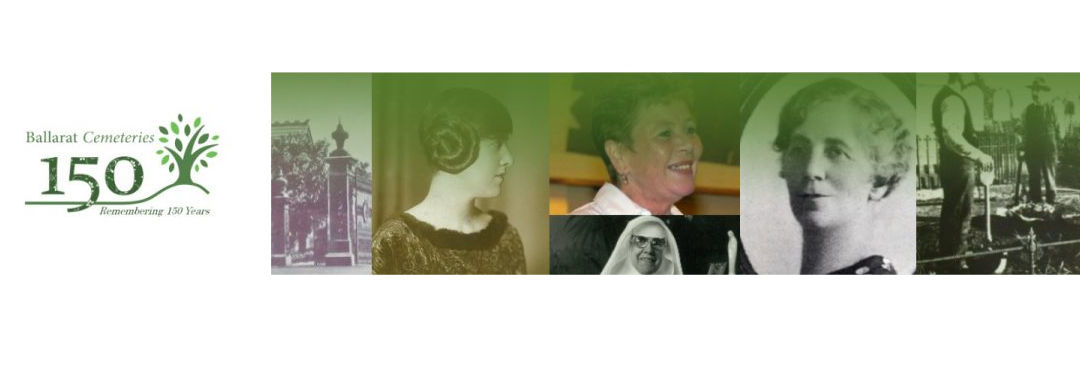
PALMER, Aileen
Aileen Palmer was an Australian poet and diarist.

Aileen Palmer was an Australian poet and diarist. She worked as an interpreter during the Spanish Civil War for a mobile hospital and later in an ambulance unit in London during The Blitz. With a history of institutionalisation for various mental breakdowns, her diaries chart her exploration of her own sexuality and mental disease. Among her papers are many unpublished novels and an autobiographical compilation, which form a notable collection for scholars to evaluate both gender identities and mental illness in her era.
Aileen Yvonne Palmer was born on 6 April 1915 in London to two of Australia’s most noted literary figures Nettie (née Janet Gertrude Higgins) and Edward Vivian Palmer known as Vance. Within six months of her birth Palmer’s parents had returned to their native Australia setting up their home in the Dandenong Ranges near Melbourne.
Palmer began working as an activist before graduating from university. Enrolling in the Communist Party of Australia in 1934, she worked on the immigration campaign for Egon Kisch. Soon after her graduation, she travelled with her family to London and participated in anti-rascist rallies. She journeyed on to Vienna, where she spent three months translating works by Helene Scheu-Riesz [de], before moving on to Spain. When the war ended, Palmer went to France and worked in the refugee camps, writing reports on the Spanish people. She then returned to England and working through The Blitz served in the Auxiliary Ambulance Service as a driver in Stepney during the war until 1943. At that time, she began working at Australia House and remained until summoned back to Australia due to her mother’s illness.
Palmer has been identified by some scholars as a lesbian and by others as non-binary, or possibly transgender, as it is currently understood, because of her writings which convey that she had trouble identifying as a woman. She wrote about wanting to be a boy in her childhood and though she acknowledged that she had had lesbian relationships, she also mused that she had been born into the wrong body. Because of her lengthy periods of institutionalisation, she refers to her lesbian alliances as “incidents”, thus it is difficult to determine if she had a genuine desire, or if her own thoughts had been moulded by therapy. As with the 1932 diary, written while she was in college, Palmer’s later diaries use code, or eliminate names, possibly because she fears someone may read them. In her London diaries, she relates a relationship with a woman “B” which may have continued over a five-year period. In two different versions of Pilgrim’s Way, Palmer writes that she left her heart in England during the war and in the other says she left pieces of her heart all over Europe. Significant difference between the versions calls into question of whether the second version was a self-censored retelling for perhaps having been too specific in the first version. In yet another version, she names her lover as Harry, changing the gender and blurring which might be the factual and which might be the fictional rendition of the story.
Palmer died on 21 December 1988 at Ballarat East in a psychiatric facility and was buried in the local cemetery. Her papers and unfinished manuscripts were donated to Canberra’s National Library of Australia and contain diaries, letters, speeches, as well as unpublished manuscripts. The archives have provided a wealth of materials to scholars giving insight and at the same time obscuring Palmer’s history. As historian Sylvia Martin wrote, “her illness and its treatment affected her subjectivity, but the context of her life affected her politics and her writing and, indeed, her illness. Furthermore, the circulating narratives relating to war, poetry, madness, gender and sexuality exist in a dynamic relation to her writing and behaviour, which in turn became part of her diagnosis and treatment. It is a tangled web”. In 1988, a biography was written by historian Judith Keene about Palmer and in 2016 Sylvia Martin published Ink in her Veins: The Troubled Life of Aileen Palmer to recover the untold story of Palmer’s military service, lesbianism, and troubled life.
Aileen Palmer is buried in the Ballarat New Cemetery, Lawn H, Section 08, Grave 27
